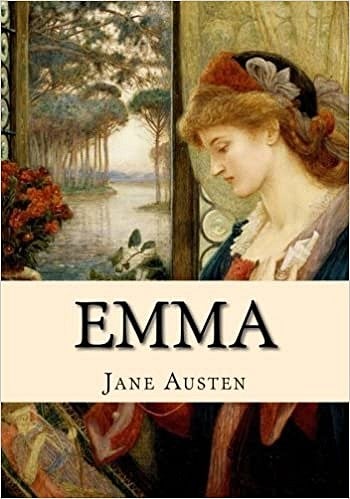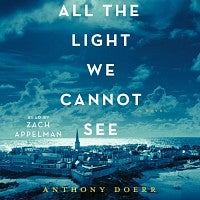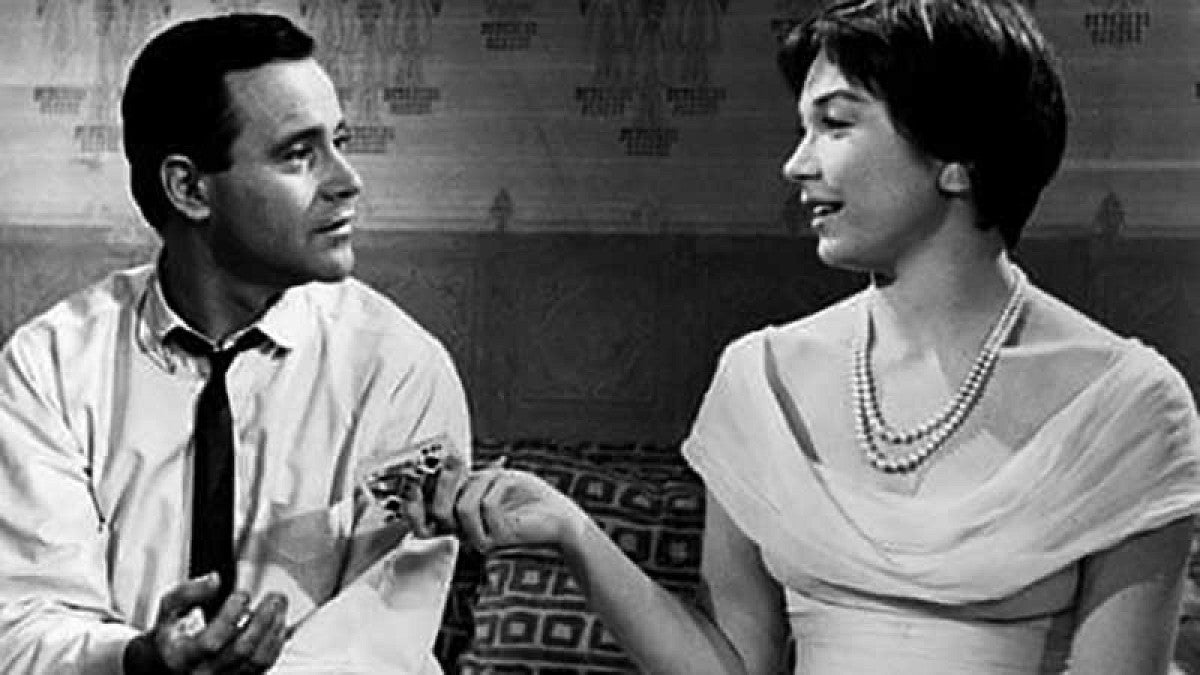The current state of home confinement presents a unique opportunity for people to catch up on some of those movies, TV shows or books they’ve been meaning to watch but never seemed to get around to, or to perhaps explore something entirely new.
Great news! In this first of a four-part series, UO faculty members from the Department of English, School of Journalism and Communication and Department of Cinema Studies weigh in on their favorite films, shows and books. From classic offerings to contemporary finds, you’re sure to unearth something interesting in this mixed bag of excellent selections.
Film
Zak Roma, doctoral student, School of Journalism and Communication:
“The Apartment” (1960)
Given that we’re all collectively at home during the pandemic, Billy Wilder’s 1960 classic, “The Apartment,” felt like an apropos visitation.
“The Apartment” was “Mad Men” before “Mad Men.” Moreover, as a media artifact of the 20th century, it is fascinating to observe the diegetic characters in what was simply the state of modernity in which they were existing, albeit depicted through the gauzy lens of Hollywood. Wilder described the film as a “movie about the guy who climbs into the warm bed left by two lovers,” but it’s about so much more than that. The film is an exploration of sex, power, social mores, corporate culture, etc. for a particular section of coastal, midcentury America.
Wilder wrote Lemmon’s part with the actor in mind, and the entire cast is really at the peak of their powers with strong performances by a young Shirley MacLaine and an against-type Fred MacMurray. And though the film reminds us of some of the more conspicuous regressions of the era, it also reminds us how during trying times, human decency can still collectively moor us. MacLaine’s famous closing line also feels a bit timelier in the context of quarantine. Sitting in Lemmon’s eponymous apartment, about to begin a game of rummy, she tells him, “Shut up and deal.”
Michael Aronson, associate professor, Department of Cinema Studies:
Silent Comedy Watch Party
The Silent Comedy Watch Party, a weekly livestreamed silent film show with live piano accompaniment, is co-hosted by film historian Steve Massa and silent film accompanist Ben Model.
Each episode presents three slapstick comedy shorts from the silent film era, accompanied live on piano by Ben during the stream. The films are around 10-14 minutes apiece, and each is given a brief introduction with points of interest related to the performers and the copy of the film itself.
The shows streams live on Sundays at noon on YouTube, free of charge.
Books
Mary Wood, professor and director of graduate studies, Department of English:
Emma
By Jane Austen

I had forgotten how downright funny and entertaining Austen can be, and “Emma,” the author’s fourth novel, provides one of the best examples of her humor and masterful use of language. An added bonus is that it’s strangely relevant to life for many people during the coronavirus pandemic, not because it’s about a contagious disease but because it’s about a young person, our heroine Emma Woodhouse, stuck at home with her very sweet but incredibly tedious father. With so much creative energy and time on her hands, she plays matchmaker for her friends and family members, despite the warnings of the clear-sighted Mr. Knightley, creating a good deal of havoc, misunderstanding, awkwardness and heartbreak along the way.
And, of course, it wouldn’t be an Austen novel without sublime attention to class and gender during a historical period in England when old class hierarchies were being shaken up and gender divisions called into question. It’s a great read!
Paul Peppis, professor, Department of English, and director of the Oregon Humanities Center:
The Overstory
By Richard Powers
Richard Powers’s The Overstory, a timely and rich novel about family, friendship, trees and the environment, is highly awarded and a great read as well as being very educational.
Station Eleven
By Emily St. John Mandel
“Station Eleven” is a postapocalyptic novel that takes place after an epidemic, and although the setup might seem too close to home at this point, it’s a fascinating and uplifting book. “Station Eleven” was the Common Reading book at the UO a number of years ago and I interviewed St. John Mandel for UO Today.
All the Light We Cannot See
By Anthony Doerr

The Oregon Humanities Center’s UO Today interview show has hosted numerous renowned authors. Be sure to check out its extensive playlist.
—By Sharleen Nelson, University Communications


